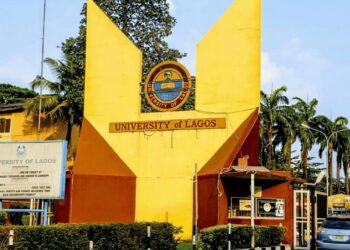Nigeria’s Minister of Education, Dr. Tunji Alausa, has reaffirmed the government’s commitment to eradicating examination malpractice, pledging decisive measures to restore integrity to the country’s educational system.
Speaking during the inauguration of a committee dedicated to improving the quality of examinations in Nigeria, Dr. Alausa stated, “We have allowed exam malpractice to persist for far too long, and its reach has extended beyond students to include parents, teachers, invigilators, and even examination bodies themselves. This has gone on without consequence until now. Today, we say: No more.”
The newly formed committee includes representatives from key educational institutions and bodies, such as the West African Examinations Council (WAEC), National Examinations Council (NECO), Joint Admissions and Matriculation Board (JAMB), National Board for Technical Education (NABTEB), Federal Ministry of Education (FME), the All Nigerian Conference of Principals of Secondary Schools (ANCOPSS), the Nigerian Union of Teachers (NUT), and the Council of Commissioners of Education.
The committee’s mandate, according to Dr. Alausa, is to develop strategies for standardizing examination practices, tackling systemic leaks, addressing exam impersonation, and improving supervision during exams.
As an immediate intervention, Dr. Alausa announced the introduction of local swapping of candidates to deter malpractice. “Students will take exams within their local areas and be randomly swapped to prevent any form of malpractice,” he said.
Looking ahead, Dr. Alausa revealed that the Ministry plans to fully transition to computer-based testing (CBT) by 2027, which he believes will further enhance transparency and accountability.
The Minister emphasized that the government’s efforts align with President Bola Ahmed Tinubu’s directive to prioritize high-quality education for all citizens. “The President’s mandate is clear: provide high-quality education to our citizens,” Dr. Alausa stated.
“Under his leadership, this Ministry will work tirelessly to create a merit-based system, founded on quality and fairness, where every candidate has an equal opportunity to succeed.”


















































































 EduTimes Africa, a product of Education Times Africa, is a magazine publication that aims to lend its support to close the yawning gap in Africa's educational development.
EduTimes Africa, a product of Education Times Africa, is a magazine publication that aims to lend its support to close the yawning gap in Africa's educational development.